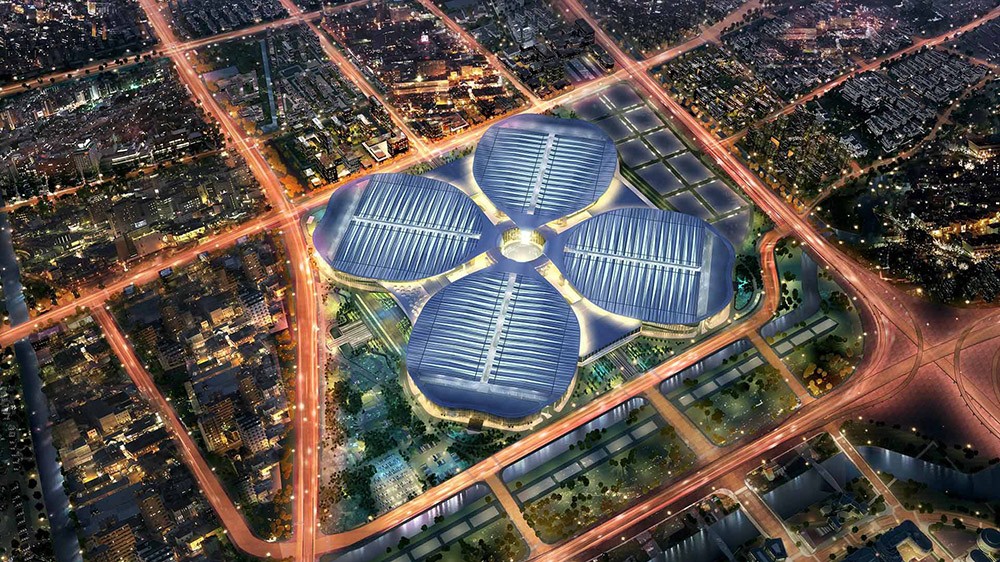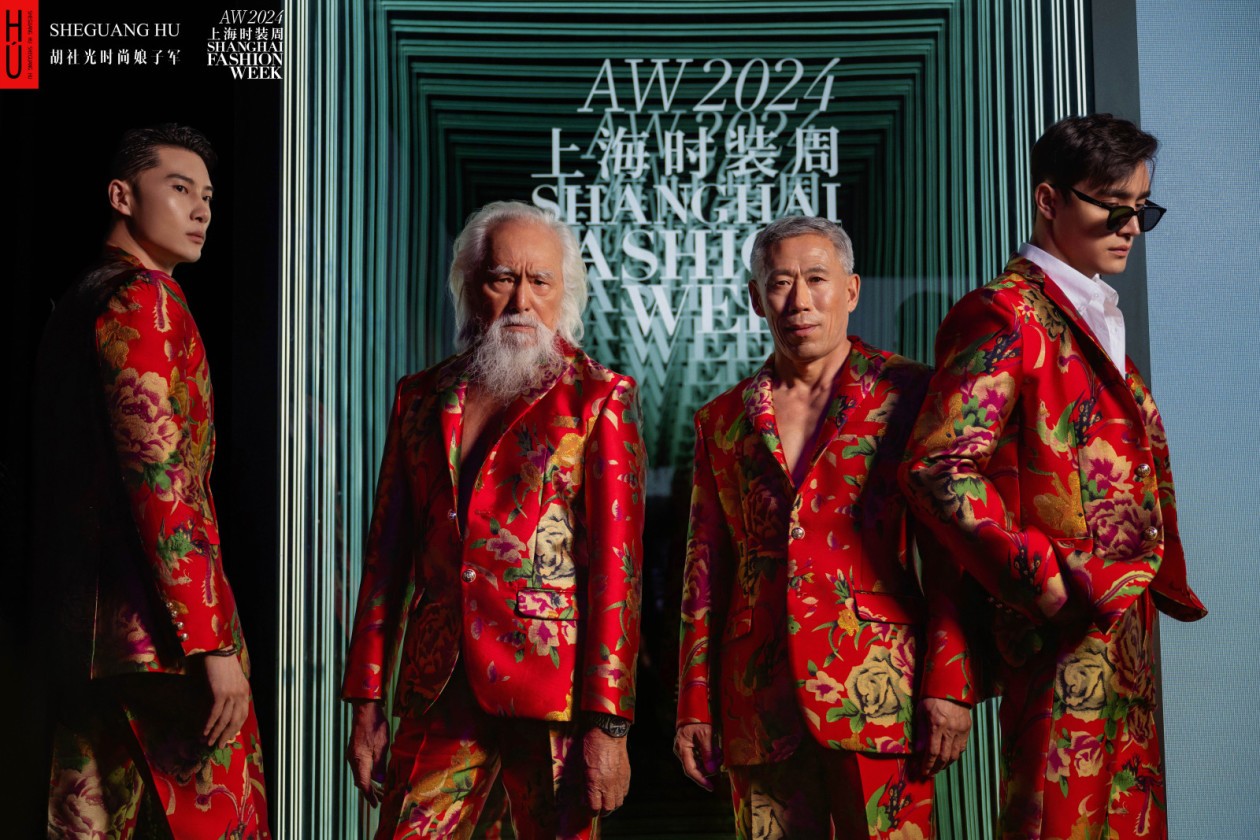
Under the general trend of consumption upgrading, the new generation of the post-90s and 00s has gradually become the main group of entertainment consumption, and their leisure and entertainment has shown some new features and trends. In order to meet the entertainment needs of the new generation and adapt to the development of the times, the offline entertainment market has begun to actively seek change and innovation, thus many emerging offline formats have sprung up.
According to iResearch's market size accounting for China's offline entertainment industry, China's offline entertainment industry categories have maintained steady growth. In 2017, the overall market size reached a record of 373.51 billion RMB. boosted by the rise of the new generation, the overall market size is expected to reach 490 billion RMB in 2019. As the average annual growth rate has maintained about 15% for many years, offline entertainment also has a greater development potential for market mining in the future.

As a result, iResearch issued the "China's new generation offline entertainment consumption upgrade research report", researching the current situation of offline entertainment consumption in the new generation of 00’s and 90’s from the aspects of consumer spending, consumer willingness and behavior. Through the analysis of emerging entertainment formats to clarify the current trend of offline entertainment consumption upgrades in China, and points out the opportunities and challenges facing by China's offline entertainment development.
The new generation current offline entertainment consumption situation: high demand, high participation, high expenditure, the new generation has become the main force in the market.
According to iResearch data, the proportion of cultural entertainment consumption in the new generation of 00’s & 90’s has exceeded 24.5%, which is higher than 80’s & 70’s. This shows that 00’s & 90’s has matured and begun to become the most popular consumer group. The new generation of 00’s & 90’s has distinct personality, pursues fashion, consumes independently, and is keen on various forms of cultural entertainment. The expenditure of 00’s &90’s on culture and entertainment accounts for a relatively high proportion and has become an important target user group of the entertainment industry.

From the perspective of participation rate, the new generation prefers to explore new things, and it is easier for them to accept new forms of entertainment than 80’s and 70’s. Judging from the participation rate of new offline entertainment venues such as Video Game City, Live CS, and Private theater, over a half of the new generation has participated in offline entertainment.

From the point of view of offline entertainment consumption, about 45% of the new generation invested more than 100 RMB in online entertainment in the first half of the year, which is higher than 80’s & 70’s. With its unique interactive experience and social scene, offline entertainment has won the favor of the new generation of 00’s & 90’s. Although the offline entertainment consumption is high, users are still willing to pay for a quality experience. This has also greatly stimulated the transformation and upgrading of offline entertainment consumption.

The trend of offline entertainment consumption upgrade: the traditional entertainment industry is innovating and developing into the emerging entertainment industry, the emerging industries such as entertainment complexes has sprung up.
At present, the development of the traditional offline cultural entertainment industry faces bottlenecks and a series of challenges, including the old business model with single source of income, the operating pressure brought by the continuous rise in rent and labor costs, and the market malice competition caused by the narrowing of consumer groups. Meanwhile, content and form, as the core of consumption, appears single and old. In this context, some emerging offline entertainment niches, represented by entertainment complexes, e-sports halls, on-demand theatres, mini-KTVs, and doll set stores, have entered the public's field and explored the direction of the transformation and upgrading of traditional offline entertainment forms.
 .
. These emerging niches often rely on online entertainment companies and have strong Internet genes. Therefore, offline entertainment is expected to become a new traffic portal for online entertainment; this also create a possibility of the integration of online entertainment and offline entertainment, especially by using of high-quality IP, to form an integrated entertainment experience of online and offline; and with the help of technology, the high immersive, high interactive entertainment experience is expected to be fully developed to help offline entertainment upgrade. In this big environment, commercial estate has also begun to actively embrace the emerging entertainment industry and achieve a symbiotic development.

Take the offline entertainment complex as an example. This is a new type of entertainment which integrates theater, games, KTV, live broadcast, catering and other entertainment functions. Good Time Film & Play, a collaboration created by Tencent and Shenzhen Chuangmeng Tiandi company, is a typical entertainment complex on the market. Its core users are 90’s and 00’s. The core format is on-demand theater and synchronous cinema, including Mobile games, live rooms, catering bars and other functions, provides a wide range of entertainment projects. In the early exploration stage of the entertainment complex, Good Time Film & Play has played an important role in promoting and popularizing this form of entertainment consumption.

In recent years, the doll machine collection stores that focus on the operation and management of the doll machine have sprung up. The site of the doll machine collection shop is based on crowded areas such as large shopping malls, creating fragmented and casual consumption scenes. Basing on the traditional doll machine market’s weakness of the pirated gifts, the poor grasping experience, and the poor environment, the doll machine collection shop has been began model innovation, optimize the entertainment experience, and enhance the user's willingness to consume and the consumer experience. Now, some doll machine collection stores such as Doll Republic, Kalaku,etc. have already launched the layout of the national chain operation.

Mini-KTV, such as Mida and Friends-Sing M-bar, is a mobile pay-per-view entertainment device set up in public places such as shopping malls, airports, and theaters, for users to carry out fragmented song entertainment. Mini KTV takes advantage of the fragmented transition time of individual consumer and guide the users to short-term consumption. In addition, the mini KTV integrates singing, recording and social sharing to form a complete service mechanism to meet the users’ social sharing needs besides music entertainment.

On-demand theater refers to a fixed commercial place that provides for-profit movie services to individuals or groups of viewers in the way of on-demand, carousel, download and playback through the Internet or film technology system. From the consumer's point of view, compared to traditional theaters, on-demand theater can meet the diverse and individual viewing needs and provide a more comfortable and private viewing environment, becoming a new social place. From the perspective of the film industry, on-demand theater as complements of traditional theater, providing offline screens for niche films and online movies, and is expected to become a new growth point for the Chinese film market. Iqiyi Entertainment, Baishitong Aurora, etc. are all on-demand theater brands created by Internet film and television copyright giants.

In recent years, online service venues have further differentiated and developed on the basis of comprehensive upgrades from internet bars to Internet cafes. Under the stimulation of the electric competition, the high-end configuration equipment that suits the needs of e-sports games and the e-sports hall featuring large-scale competitive exhibition space have successfully expanded the high-end market of online service places, and the quality experience provided by them have also attracted heavy E-sports gamers and high-end gamers.

Opportunities and challenges of offline entertainment development: policy and technology run-up, resource integration and operational guidance becomes difficult.

From the perspective of opportunities, since 2010, with the continuous development and changes of China's entertainment industry, especially the rapid popularization of online entertainment, the policy has gradually guided and supported the development of the industry. “The Ministry of Culture's guidance on promoting the innovation and development of the digital cultural industry”, "The Opinions of the Ministry of Culture on Promoting the Transformation and Upgrading of the Cultural and Entertainment Industry" is a typical representative of this. All kinds of Internet services have played a subtle role in offline entertainment, which has become a prerequisite for the transformation, upgrading and integration of offline entertainment. In recent years, the popularity of VR, AR, big data, cloud computing and other technologies, more and more technologies are maturing, and its commercial use prospects will become more and more broad, bringing infinite imagination and development prospects for entertainment consumption.
Opportunities and challenges coexist, how to connect content, consumers, new entertainment platforms, how to enhance the advantages of entertainment integration, these all test the operators’ ability of integrating online and offline resources. At the same time, it is necessary to rely on stronger operational integration capabilities to achieve online and offline user diversion and interaction, which are waiting for operators to explore. If successfully solve the above problems, China's offline entertainment market will usher in the fast lane of development.






